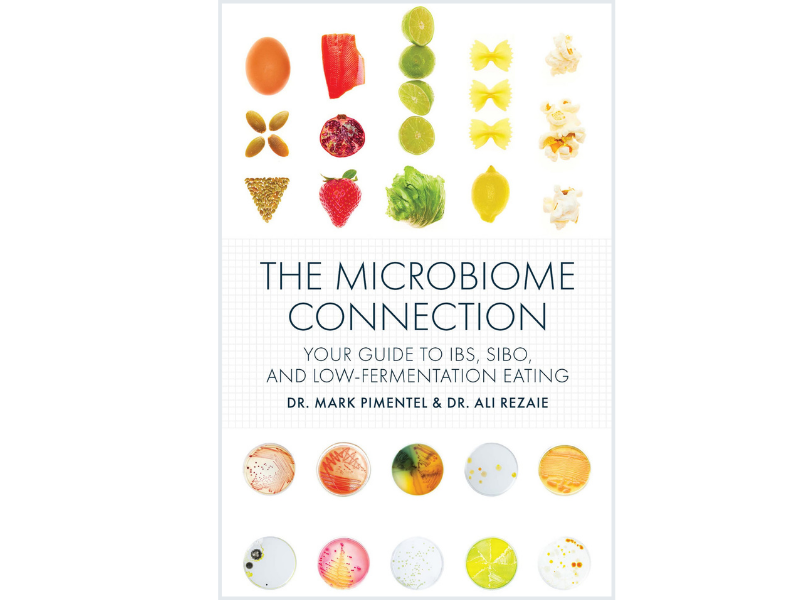
It’s fair to say that gut health has snagged more headlines in recent months than in years past. There’s
Yet when was the last time your regular doc asked about your gut health or suggested doing anything to improve it? Probably never. Not the case if you head to a functional medicine doctor. “Functional medicine practitioners look at the gut as a possible cause or factor in anybody’s disease process and work to improve it,” Lipman says.
If you’re not sure what functional medicine is, though, you’re probably not alone, as it’s an emerging field. Some experts believe functional medicine could be the future of medicine, and for the growing number of Americans who are riddled with numerous chronic diseases, most of which are related to the gut microbiome, the time couldn’t come quickly enough.
The difference between functional and traditional medicine
You already know that functional medicine docs view gut health as an important aspect of overall health. But there’s an even bigger difference between functional medicine and traditional or Western medicine. “Western medicine is more disease-oriented while functional medicine is more health-oriented,” Lipman says.
Although functional medicine involves elements of Western medicine, it essentially works on improving the body’s function and balance. “Functional medicine seeks to find the underlying root factors disrupting homeostasis and resolve imbalances that are creating illness,” says Jill C. Carnahan, M.D., owner of Flatiron Functional Medicine in Louisville, Colo.
For a better understanding, think about when the oil light pops on in your car. You don’t just put a bandage on it. Instead, you look under the hood and figure out what’s going on, which is how functional medicine works. “Functional medicine doctors look at numerous factors like genetic predisposition, gut health, lifestyle, and environmental toxicity to create personalized treatments,” Lipman says.
As you might guess, learning how to customize an individual’s healthcare protocol requires training beyond what traditional medical doctors get. Of course, functional medicine doctors with an M.D. have the same training as traditional doctors with an M.D. Yet functional medicine training is separate and includes more in-depth study of common lifestyle issues like, for instance, nutrition, something traditional medical schools don’t teach. Even after completing studies in functional medicine, many practitioners often pursue additional education, Lipman says.
As a result, functional medicine doctors have a larger toolbox of healing resources. “Instead of just drugs and surgery, they have other options for healing, such as herbal medicines, nutrients and access to a wider array of investigative testing,” Carnahan says.
They’ll then partner with their patients to heal from issues and help them reach optimal health. “Functional medicine practitioners work as partners with their patients,” Lipman says. “In the end, you’re really in charge of your health.”
Seeking help from functional medicine doctors
Fortunately, although functional medicine is beneficial for complex chronic illnesses like heart disease, obesity, metabolic syndrome, diabetes
That doesn’t mean functional medicine docs won’t work with traditional ones, especially in cases of acute illness or injury. “Although functional medicine is best for complex chronic illness, the conventional ER is still the best route of acute treatment if you’ve had a car accident, trauma or heart attack,” Carnahan says.
In spite of its benefits, however, functional medicine does come with a drawback, namely that many functional medicine doctors don’t take insurance. “That’s because only a portion of the labs
Lipman hopes the insurance part will change, though, especially as functional medicine becomes more mainstream. “It’s the future of medicine,” he says. “It’s more effective, it’s what people are looking for, and it makes people take more responsibility for their health.”
Interested in locating a functional medicine doctor? Head to functionalmedicine.org to find doctors in your area.

The Microbiome Connection: Your Guide to IBS, SIBO and Low Fermentation Eating
A must-have resource for anyone who suffers from IBS or SIBO, or who wants to better understand their microbiome, this book will help you live a gut-happy and gut-healthy life.
